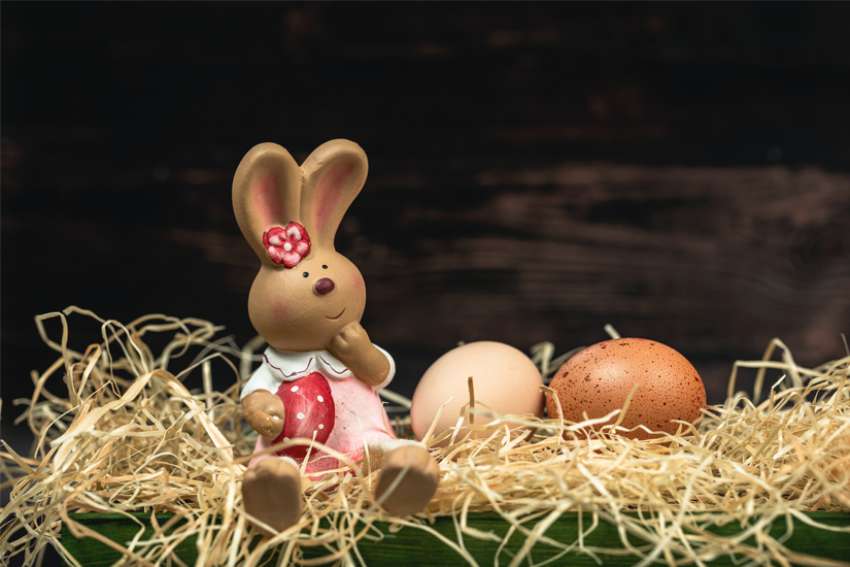Secular culture shapes Easter as a commercial weekend of expensive chocolate eggs and bunny paraphernalia. Although liturgically we are still in the Easter season, all the eggs, bunnies and celebratory stickers soon disappeared from store shelves to make way for Mother’s Day. As the Easter goodies pass from sight, so does my own awareness of the solemnity to a partial extent.
While I know the feast of Easter lasts 50 days, my mind shifts to the next holiday soon after Holy Week.
Although it is easy to think of Christmas as being the “biggest” feast of the year, it is really Easter. At Christmas, Christ came into the world, but at Easter, Christ gave His very life for the world. It is through His death and resurrection that He gave humanity hope of eternal life and salvation from sin.
While the Christmas season is liturgically given a few weeks, from Christmas day to the feast of the Baptism of Our Lord, the Easter season is given 50 days. The reason for this is important. These 50 days exceed the 40 days of Lent — a time of prayer and fasting — as days of celebration of Christ’s triumph over death.
In our culture, we are always jumping to the next feast or celebration. Easter seems nothing more than a long weekend filled with indulgence, perhaps a family feast, an Easter Egg hunt and perhaps a visit from the “Easter Bunny.” It is then on to the next feast.
So how can we retain this proper conception of Easter, once remembered, without merely being caught up in the commercialization and short-lasting celebrations of the weekend?
First, we must remind ourselves of the true cause of Easter: the great love of Christ manifested in His death and resurrection. This love is not only present on Easter Sunday but throughout the whole 50 days of Easter and every day of the year. We celebrate this love and sacrifice each Sunday.
Second, we should incorporate the spirit of Easter into our daily lives. This spirit is one of thanksgiving and mission. After His resurrection, Jesus gave His apostles the mission to spread the good news of God’s grace and salvation. We may all have our own ways and vocations for evangelizing, but we do all have this mission to share the Gospel. We accompany this mission with an attitude of thanksgiving for the good news.
Celebrating Easter does not mean having an endless supply of Kinder Surprises or Cadbury Creme Eggs — although these have their place — but rather retaining the Easter spirit. By reflecting on the true meaning of Easter, Christ’s death and resurrection, and focusing on incorporating its spirit moment to moment, we can transform Easter from a single-weekend holiday into a credo for daily living.
(Corkery, 20, is entering her fourth year of studying English at Redeemer University in Hamilton, Ont.)


